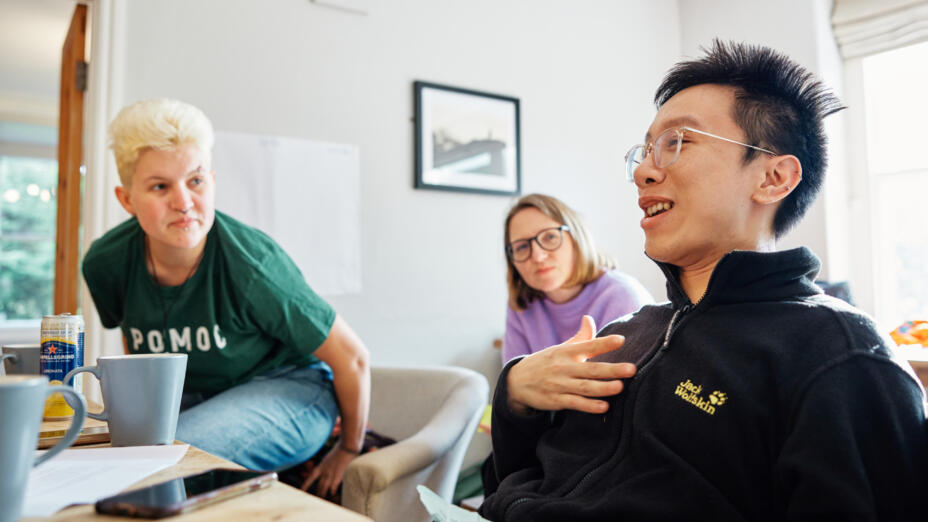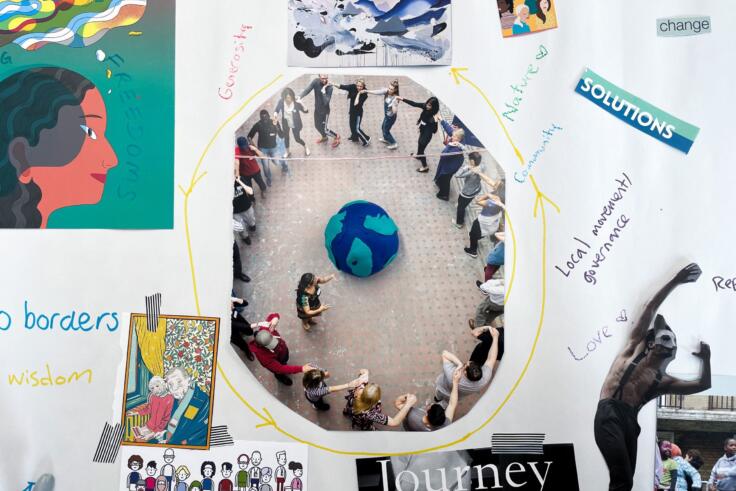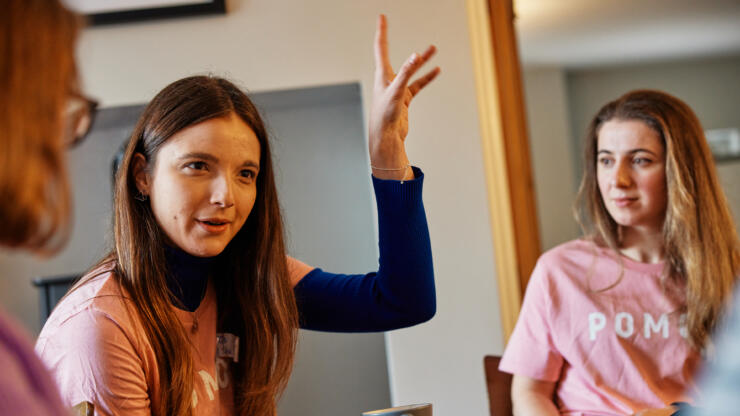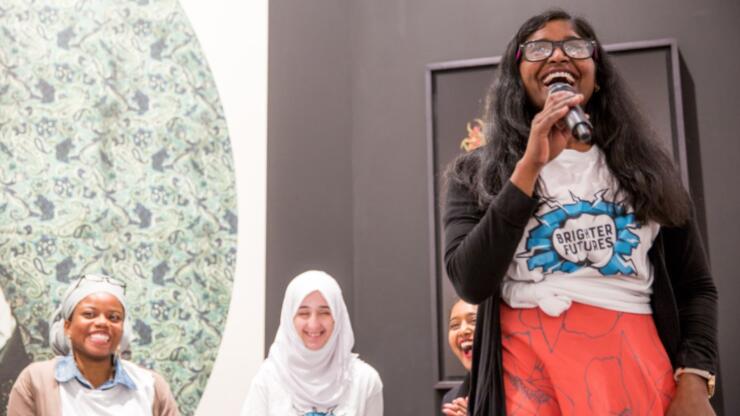These have been the two main questions in my mind since I joined Paul Hamlyn Foundation last September. I stumbled upon grant-making after working towards migrant justice in the UK for almost eight years.
While this has been a space for growth and camaraderie, I was also one among many who felt burnt-out, fighting against an unrelenting hostile political context that grants us very few moments of hope. Amidst putting out fires and trying to keep my head above water, I regularly felt like the future I strive for kept moving further and further away. Colleagues and friends shared this frustration, while seeing our communities impacted by increasingly draconian policies and dehumanising narratives.
It is within this context that I started this job. The main reason I was attracted to this role was PHF’s commitment to becoming an anti-racist funder. I wanted to explore what this means in practice, including how funders can rectify historical underfunding of racialised and community-led organisations, and our role in supporting stronger and more interconnected social justice movements. I was welcomed by a group of committed, caring and reflective colleagues who were patient and supportive while I learned the ropes of this new role.
For the first few months, all I had were questions: What is the role of philanthropy in supporting social change? How can we be more accountable to the communities we support? Who shapes our approach? Who are we not listening to, and why? In what ways do we create or reinforce harmful power dynamics in the field? How can we strengthen care, wellbeing, better pay and working conditions for those working in this space? How do we encourage and support anti-oppressive practice? How does social change actually happen? What kind of future do we want? What is our role in contributing to this vision? In what ways do we create barriers to bolder, transformative change?
These big and sometimes overwhelming questions have been guiding our internal reflection, not just within our Migration team but more broadly across PHF.
For the next few months, PHF’s Migration team are reviewing our assumptions about how change happens and how to best support it. In doing so, we are consulting widely with people who have migrated and sought sanctuary in the UK, the organisations working with them, funders, and people involved in intersecting social justice movements in the UK and elsewhere.
We are hosting exploratory sessions across the UK, visiting organisations and changemakers, and conducting research, interviews and surveys to help us answer the following questions:
- What does a liberated future for migrants look and feel like?
- How does incremental and transformational positive change happen?
- How can we progress our commitment to being a more transparent, accountable, and anti-racist funder?
This process will help shape an updated Theory of Change, which we aim to launch in summer 2024 along with simpler, clearer, and less onerous application and reporting processes.
We aim to share our thinking as we go, while welcoming suggestions and feedback. But we also acknowledge that this is and will remain a work in progress – we must continue to focus on learning, adapting, and taking accountability for our missteps as we work with others towards the kind of future we want to build.
We are excited about this process and hope it will provide us with the opportunity to be bolder, think bigger and dream about the future we want for migrants and refugees not just in our lifetime, but for those who will be here long after we are gone.






